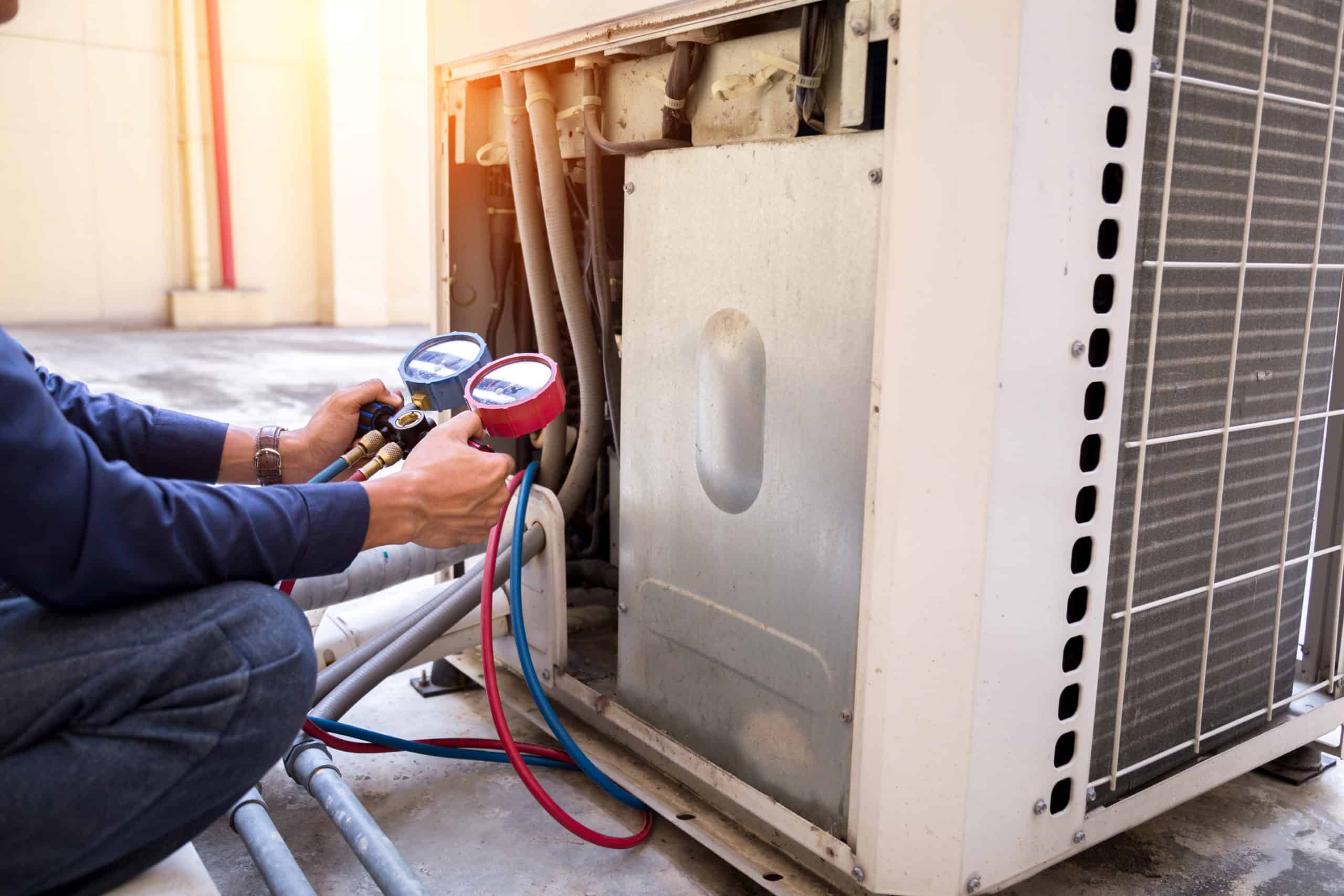Recognizing the Secret Parts of Effective Water Purification Equipments

Significance of Water Filtration Equipment
Water purification systems play a vital function in ensuring accessibility to tidy and safe drinking water by successfully eliminating contaminants and contaminations. These systems are essential in resolving the growing issues over water quality and the possible health dangers connected with consuming infected water. By using various filtering mechanisms such as reverse osmosis, turned on carbon, and UV sterilization, water purification systems can effectively eliminate dangerous substances like microorganisms, viruses, hefty steels, and chemicals from the supply of water.
Furthermore, water purification systems assist to boost the preference and smell of water by getting rid of chlorine, sediments, and various other contaminants that can affect its high quality. Pump repairs & installation. This improvement in water quality not just makes it much more tasty but additionally motivates people to consume an adequate amount of water daily, advertising better hydration and general health
Sorts Of Filtration Parts

Physical filters are made to literally strain out pollutants from the water. These filters can be made from products like ceramic, carbon, or perhaps sand, and they function by trapping particles larger than the filter's pores as water passes with.
Chemical filters utilize numerous chemical procedures to get rid of impurities from the water. Instances include turned on carbon filters, which adsorb pollutants, and turn around osmosis membranes, which utilize pressure to separate pollutants from the water.
Biological filters use living organisms like algae or germs to damage down raw material and toxins in the water. These filters are frequently utilized in wastewater treatment plants or natural water purification systems.
Understanding the different kinds of filtering elements is important for choosing the most appropriate water filtering system for particular filtration requirements.
Feature of Debris Filters
Sediment filters play a critical duty in water purification systems by effectively capturing strong fragments put on hold in the water. These filters are normally the very first line of defense in a purification system, getting rid of bigger bits such as sand, silt, dirt, and corrosion prior to the water moves with finer filtration phases. By capturing these debris, the filters avoid from this source them from reaching downstream components, thus expanding the lifespan and performance of the whole system.
Overlooking this upkeep can lead to blocking, lowered water flow, and jeopardized purification efficiency. Generally, debris filters are important parts that add considerably to the performance of water filtering systems.
Function of Triggered Carbon Filters
Playing an essential function in water purification systems, activated carbon filters are important in eliminating contaminations and impurities from the water supply. These filters are developed to adsorb and catch a wide variety of contaminants, consisting of chlorine, volatile organic compounds (VOCs), pesticides, and herbicides. The activated carbon material has a big surface area, permitting the effective capturing of impurities via a procedure called adsorption. As water goes through the filter, the turned on carbon attracts and holds onto the impurities, ensuring that the water that comes out beyond is cleaner and safer for consumption.
Turned on carbon filters are very efficient at improving the taste and smell of water by minimizing chemicals that go to website can impact its high quality. They are also with the ability of getting rid of particular heavy metals like lead and mercury. In addition, these filters can assist avoid the buildup of microorganisms and algae in water, more improving its general quality. As a result of their adaptability and dependability, activated carbon filters are a key part in making sure that water is purified to the highest possible requirements before getting to consumers.
Understanding Reverse Osmosis Equipments
Reverse osmosis systems are sophisticated water filtration systems that use a sophisticated procedure to remove pollutants and impurities from drinking water. These systems function by applying pressure to the water, compeling it through a semi-permeable membrane layer. This membrane functions as a barrier, enabling only pure water particles to pass through, while obstructing bigger molecules such as minerals, chemicals, and various other contaminations. Because of this, the water that comes out on the various other side is significantly cleaner and much safer for intake.
In addition, reverse osmosis systems are fairly low-maintenance and can be mounted under the sink or in a main filtration system, offering hassle-free access to clean water throughout the home. On the whole, comprehending just how reverse osmosis systems function can help individuals make educated choices concerning their water purification requirements.
Verdict
In conclusion, effective water filtering systems are crucial for guaranteeing clean and safe alcohol consumption water. By comprehending the function and duty of each part, people can make enlightened choices when choosing you can check here a water filtering system.
Water purification systems play a crucial duty in guaranteeing accessibility to safe and clean drinking water by effectively removing pollutants and impurities. By using different filtering devices such as reverse osmosis, triggered carbon, and UV sterilization, water filtration systems can successfully remove hazardous substances like bacteria, viruses, hefty steels, and chemicals from the water supply.
Debris filters play a crucial duty in water purification systems by efficiently capturing solid bits suspended in the water (Pump repairs & installation).Playing an essential duty in water filtration systems, turned on carbon filters are critical in removing pollutants and contaminants from the water supply.Reverse osmosis systems are innovative water filtration systems that utilize an advanced procedure to remove contaminants and pollutants from alcohol consumption water